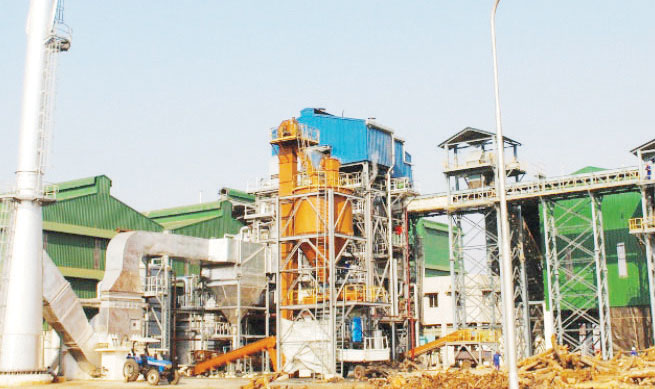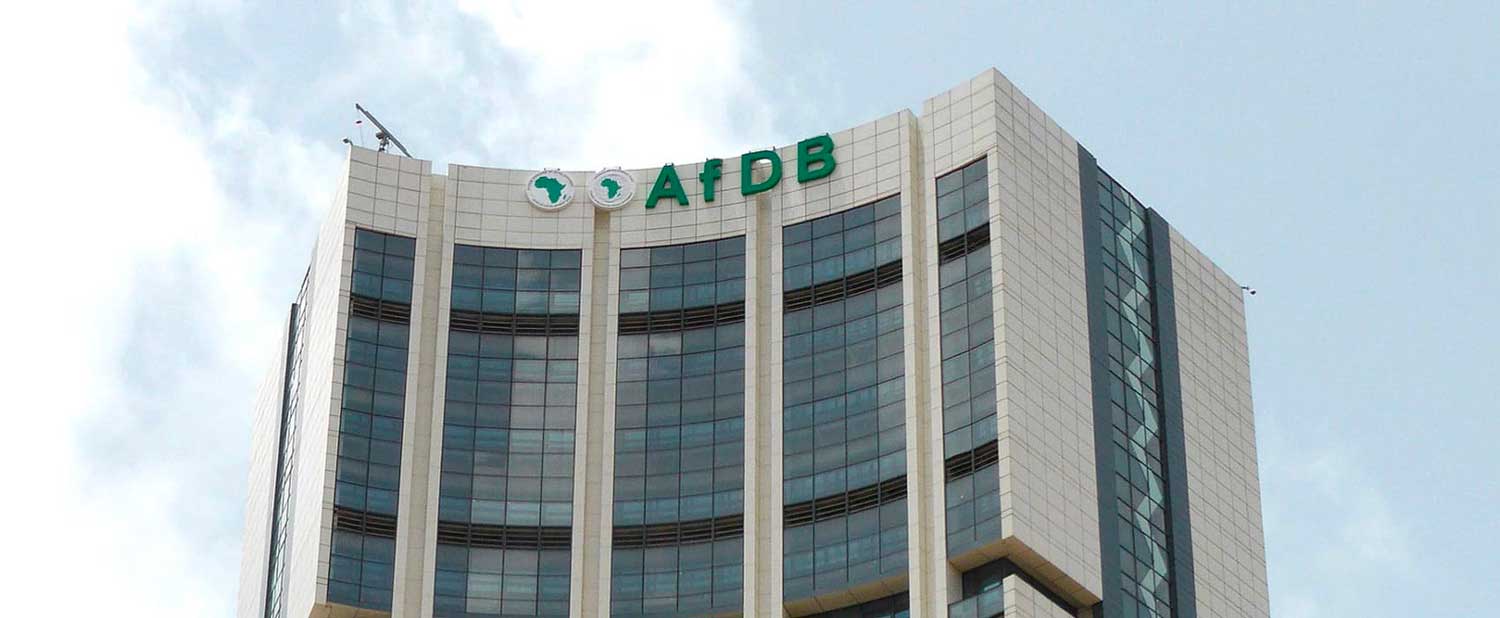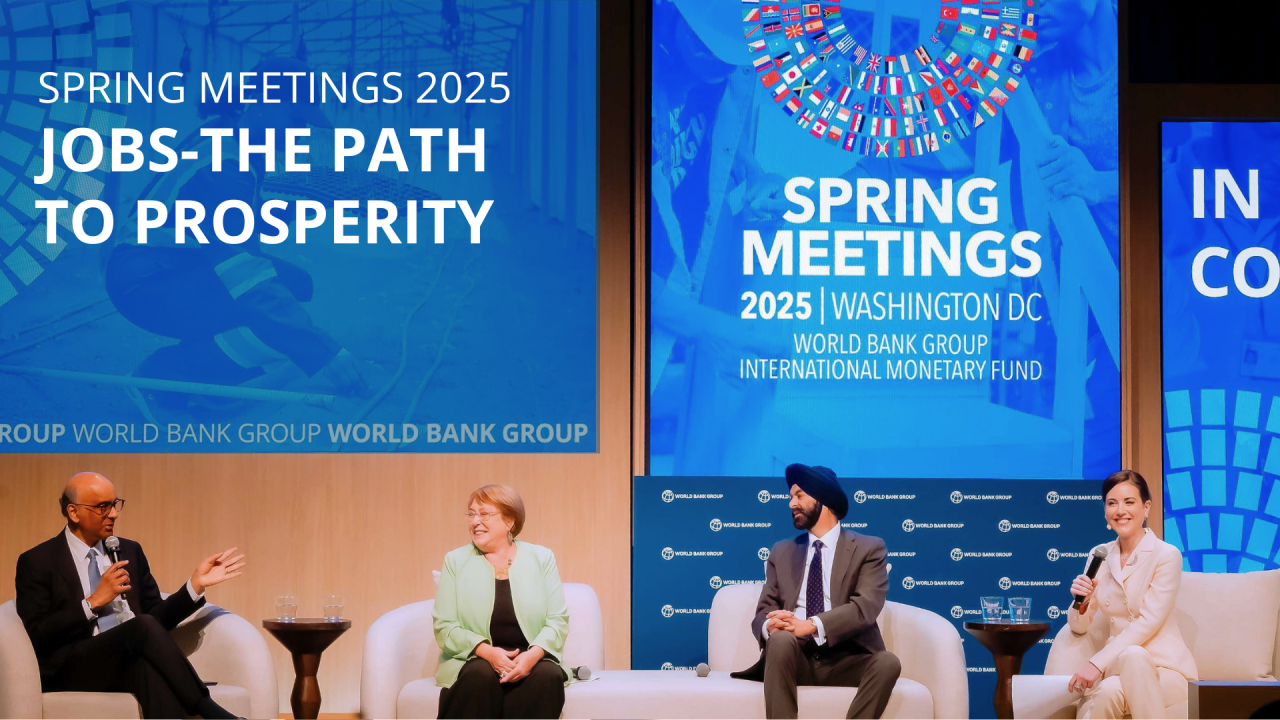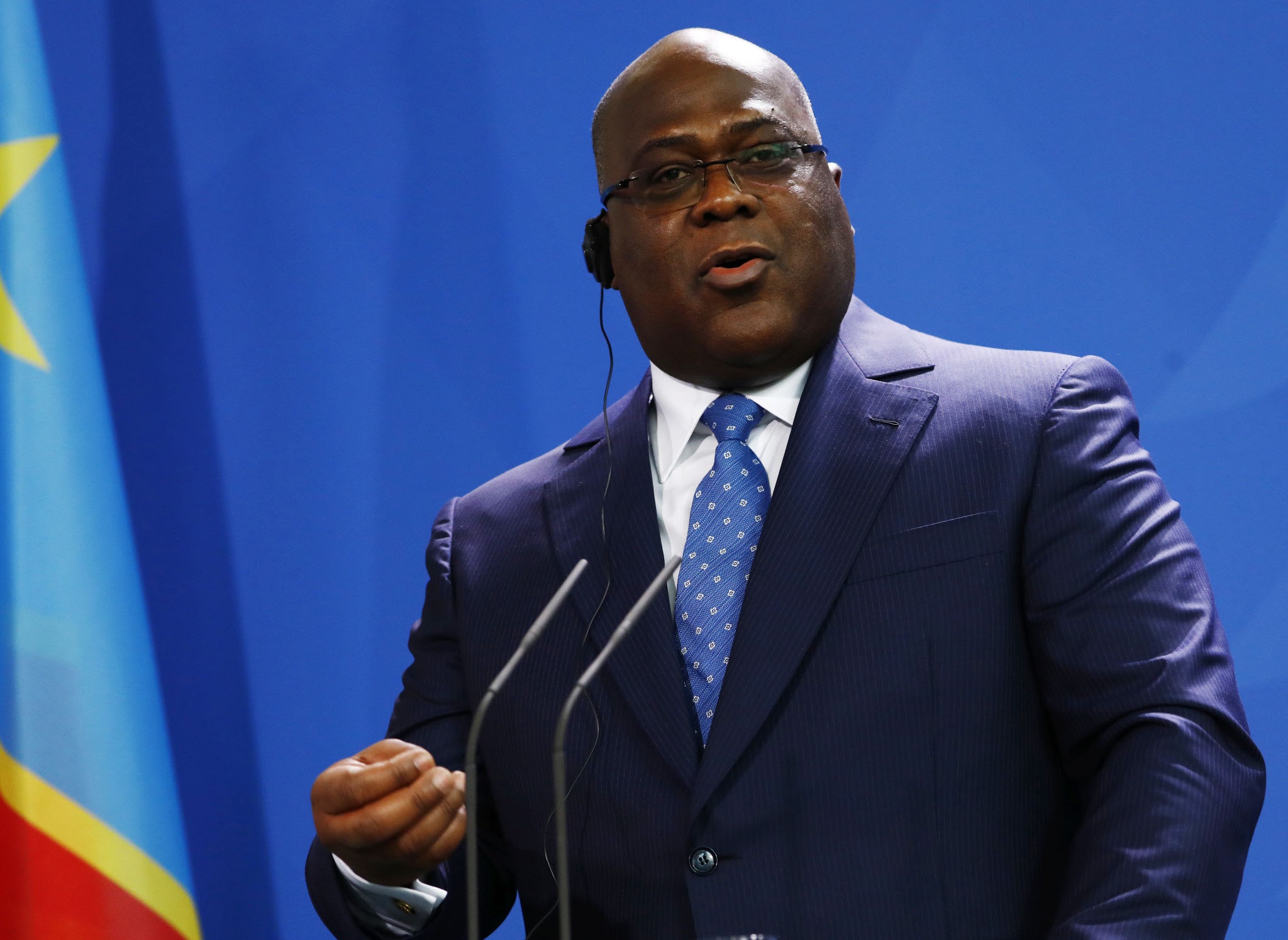The Political Trap Behind Malawi’s Industrial Dreams
Malawi’s Salima Sugar Ltd turmoil exposes governance risk driving capital flight from frontier markets. With rivals Illovo Malawi [JSE:ILV], Zambia Sugar [LUSE:ZSUG], and parent AB Foods [LSE:ABF] thriving on autonomy, Malawi’s state control keeps returns below market parity.

Malawi’s conflict over Salima Sugar Company Limited (SSCL) reveals more than a management dispute—it exposes how blurred lines between ownership and regulation continue to undermine investor confidence in state-linked industries. The company’s several-week shutdown earlier in 2025, ordered by the Ministry of Trade and Industry for “performance review,” triggered warnings from economists that such political intervention threatens the credibility of the country’s investment environment.
Economist Tiyane Nyirongo cautioned that consistent oversight, not political interference, attracts capital. “No investor will commit funds in an enterprise where technical decisions depend on political instruction,” he said. His view reflects a deeper governance flaw: the same ministries that own equity stakes in parastatals often control the regulatory levers that shape their operations. The result is systemic conflict of interest—what Malawi’s policy architecture calls supervision often functions as intrusion.
Salima Sugar, majority-owned by the state through the Green Belt Authority Holdings, was conceived as a model for agro-industrial diversification. Its factory, built with Indian technical support, has the capacity to process roughly 50 000 tonnes of refined sugar per year and supports about 2 500–3 000 smallholder farmers under irrigation schemes in Salima District. Yet despite a decade of public investment, output has stagnated and export receipts remain flat.
The company has cited interest from regional financiers and agribusiness funds for a proposed USD 290 million equity injection, though no binding commitments or investor names have been disclosed. Without transparency, the figure remains aspirational. Analysts argue that capital flows depend less on promotional figures than on operational independence—something Salima Sugar has repeatedly lost to executive directives and leadership reshuffles.
Government officials defend their intervention as necessary oversight to ensure accountability in a state-funded enterprise. But accountability requires institutional systems—audits, disclosures, and performance contracts—not ad-hoc ministerial orders. Malawi’s industrial policy remains trapped between two incompatible logics: political guardianship and commercial discipline. Each intervention reinforces the perception that autonomy is conditional.
This institutional weakness undermines the goals of the National Export Strategy II (2021–2026), which identifies agro-processing as central to export diversification. Without predictable governance, the strategy’s targets risk remaining theoretical. Structural reform—not moral appeals against interference—is required. Ministries should act as passive shareholders, independent boards should manage operations under fixed terms, and all state enterprises should publish annual audited accounts.
Comparisons within the region illustrate the consequences of governance quality. Illovo Malawi [JSE:ILV], Zambia Sugar [LUSE:ZSUG], and parent company Associated British Foods [LSE:ABF] all operate at scales far exceeding Salima’s output while facing similar production constraints. Their advantage lies not in subsidy but in managerial autonomy: governments hold policy influence, not operational control.
Meanwhile, Salima’s production interruptions have ripple effects. The smallholder out-growers who depend on the company for offtake stability face delayed payments and unpredictable market access whenever operations pause. Each administrative stoppage undercuts the very communities the state claims to protect.
The path forward is institutional rather than rhetorical. Reform should focus on separating shareholder and regulator functions, insulating boards from political turnover, and introducing transparent investor-screening mechanisms. Only with those foundations can Malawi credibly pursue the private capital it seeks.
The Malawi24 article that first highlighted economists’ warnings correctly identified the symptom—political interference—but understated the structural origin. Interference is not incidental; it is built into Malawi’s governance design. Unless that design changes, every public-private venture will remain vulnerable to the same cycle of politicization, uncertainty, and investor hesitation. Salima Sugar is not an anomaly; it is the investment climate in miniature.





